Airbnb Rules London: A Complete Guide for Hosts
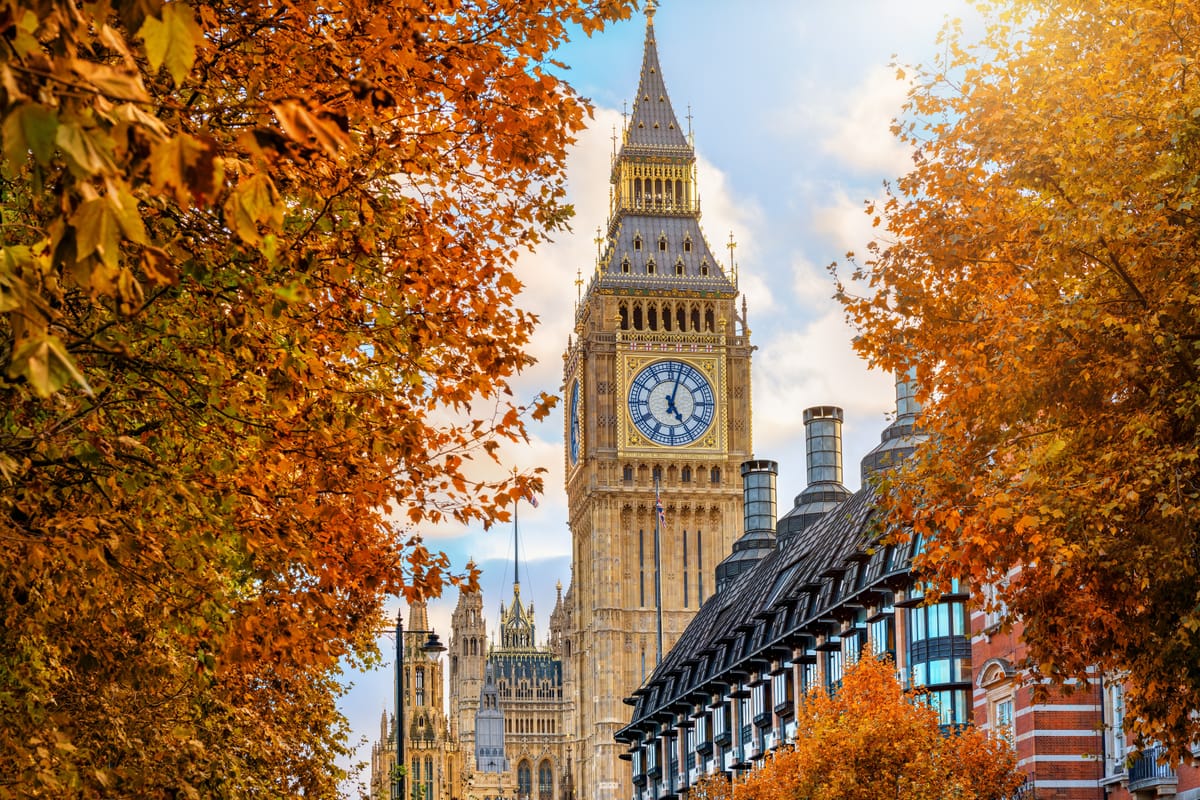
London is the UK’s largest short-term rental market, with 87,000 properties and around 1 million nights booked each year. However, Airbnb hosts face their share of challenges and restrictions in this metropolitan city.
While it’s fair to question long-term housing availability and tenant protections, it’s equally important to accommodate the many tourists and business travelers who visit the city every day.
In this guide, you’ll learn about local regulations for Airbnb rentals, what limits apply (and how to navigate them), as well as the tax obligations for Airbnb hosts in London.
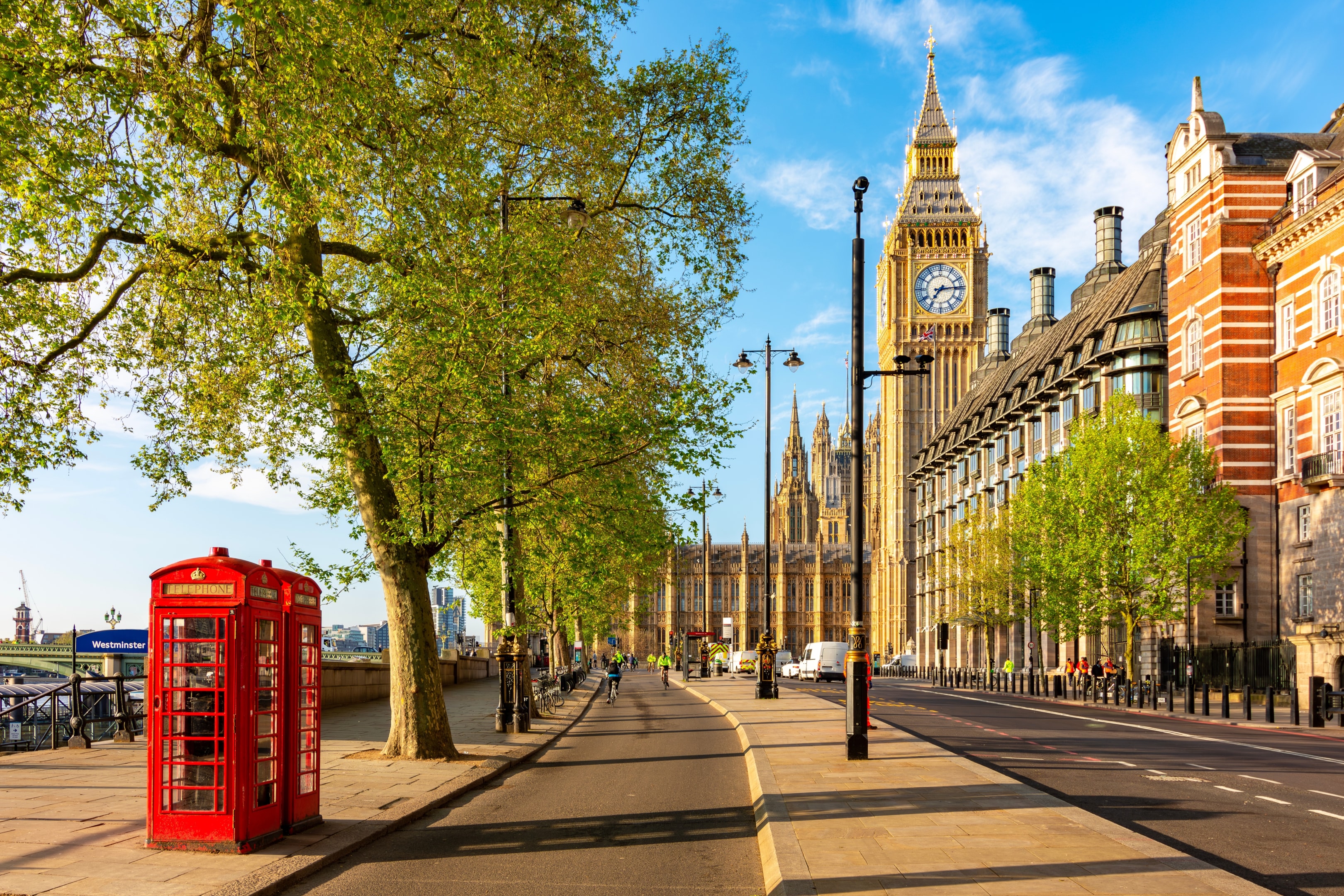
Are Short-Term Rentals Legal in London?
Yes, short-term rentals are legal in London. You may even find that many owners are switching to a short-term model due to greater mortgage interest relief. However, there are restrictions.
You can rent out your property as a short-term letting in London legally for up to 90 days. The reason is the 90-day Airbnb rule that limits hosts. The days guests occupy your property don't need to be consecutive. The only thing that matters is that the number of occupied nights cannot exceed 90 days in total in one calendar year.
The main motivation behind this kind of regulation is to protect the availability of affordable housing and the interests of permanent residents. Although the law is only in effect in London at the moment, there have been talks about extending similar regulations to other significant UK cities.
You don't need to seek permission if renting out your property within these limits. The person letting the property is the one liable for paying the Council Tax, as you need to pay this tax for each night the property is rented.
Why Does Airbnb Have a 90-day Rule in London?
The 90-day rule for London short-term rentals was introduced in 2015 through the Deregulation Act 2015 (Section 44). From that point, Londoners were allowed to rent out their entire homes for up to 90 nights per calendar year without applying for planning permission or local council approval.
This act was introduced to make it easier for hosts to earn income by renting to tourists part of the year. This way, the government supports the sharing economy, and hosts avoid the need for special permissions. Before 2015, technically any short-term letting in London required planning permission, but this rule was widely ignored and difficult to enforce.
On Airbnb’s side, in January 2017, the platform introduced the "90-Day Airbnb Rule." This rule automatically sets a limit of 90 days on short-term stays for entire-home listings. In this way, the 90-night cap on short-term rentals was designed to balance opportunities for hosts with the need to protect the long-term housing market.
How Does Airbnb’s Automatic 90-Night Limit Apply?
The 90-day rule automatically applies to everyone who creates a listing on Airbnb in the Greater London area. The moment you start getting bookings on the platform, Airbnb itself will begin counting booked nights.
Counter resets every 1st of January
As the 90-day limit applies on a calendar-year basis, the counter resets on January 1st each year. This means you can host up to 90 nights again in the new year, regardless of how many nights you booked in the previous year.
After 90 nights, the system blocks new bookings unless an exemption is claimed
Once the 90-night threshold is reached, Airbnb automatically blocks your calendar from accepting further short-term bookings for the remainder of that year. The only way to continue hosting beyond this cap is by providing Airbnb with proof of planning permission or an official exemption from your local council.
What Are Fines for Non-compliance?
Substantial fines of up to £20,000 can be imposed on property owners who ignore local rental regulations and rent out their holiday homes without permission, whether on Airbnb or through other channels.
If neighbours think that a property is being used for short-term letting in breach of planning control, they can report it. That’s why it’s not recommended to provide temporary sleeping accommodations without complying with local rules. In many cases, fines can exceed the profits you’d make from hosting.
Instead, it’s better to work with local authorities to find solutions that let you maximize your property’s potential. You can practice responsible hosting and avoid legal issues.
How to Stay Compliant after 90 days as a London Host?
If you want to earn income from your property while staying on the legal side, you do have a few options.
Owner-occupied listings
It's never a problem if you decide to rent out a spare room in your primary residence. Renting a room isn't restricted by the 90-day rule. You're perfectly able to legally host guests year-round as long as you continue to live in the property.
Because this option requires no special planning permission, it is the most straightforward way to stay compliant while hosting in London. Also, guests often feel more comfortable and supported when the host is on-site and they get to know them, which can lead to better reviews.
Special planning permission
You can host on Airbnb in London year-round if you obtain planning permission from the Greater London Council. To obtain one, you must apply through your local council’s planning department. Probably, you will have to demonstrate that your short-term letting will not reduce housing stock or disrupt the community.
The law considers that this is a material change in the use of your property if you rent it for more than 90 days. If you want to apply for planning permission to use premises for short-term letting, you should contact a planning officer who will advise you if the proposal is likely to be recommended for approval.
Medium and long-term rentals
You can rent out your property on a short-term basis for up to 90 days during the high season, and for the rest of the year switch to medium- or long-term rentals. Medium-term rentals, or monthly stays, are stays of 30 days or more, and legally, they don’t fall under short-term rental rules.
You might wonder if there are enough people interested in this type of stay. In fact, many business travelers, students, and relocating professionals look for this type of accommodation, and with longer stays, you’ll need far less turnover to keep your property occupied for most of the year.
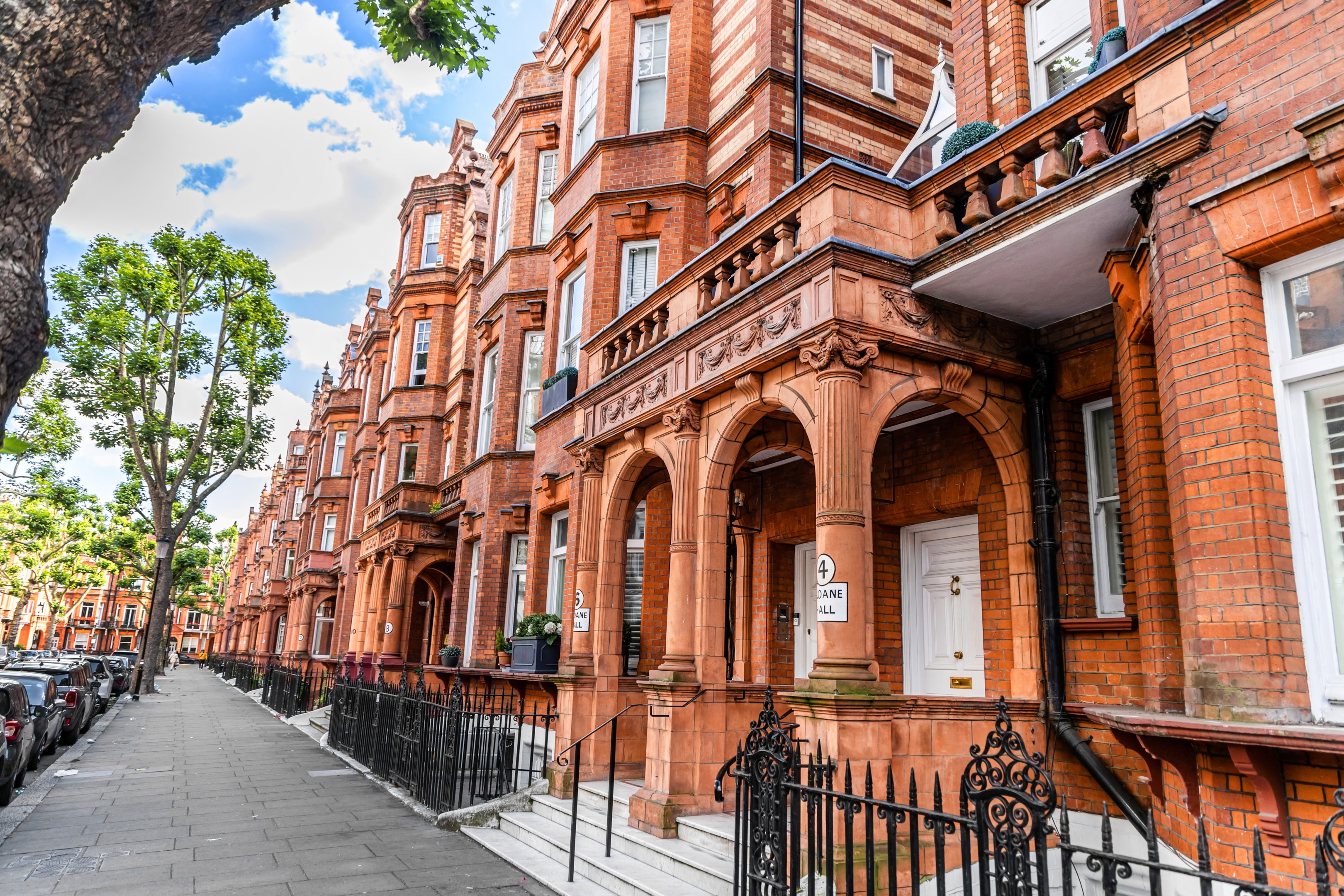
Does the 90-day Rule Apply Outside of London?
The 90-day rule is specific to Greater London. Elsewhere in the UK, in other major cities, compliance depends on each local council’s policies.
The 90-day rule was introduced under the Deregulation Act 2015 (Section 44) and only applies to properties within the 32 London boroughs and the City of London.
However, you should stay updated on regulatory legislation as it's an ongoing process that can change at any time, as local laws change.
Taxes and Financial Responsibilities in London and the UK
Holiday rentals come with tax obligations. This depends on whether you're renting a room or an entire home, and the revenue. Let's break down the common tax advice, whether you're renting individual rooms or an entire property.
General Tax Obligations
All Airbnb earnings are considered taxable income in the UK. Tax obligations vary depending on whether you’re renting your primary residence or another property. Income is taxable, which means it may be subject to income tax, corporation tax, business rates, and VAT.
There are also some tax-free allowances you may be eligible for. To stay transparent, hosts should keep detailed records of earnings and a list of deductible expenses.
Rental income above any allowances is subject to income tax and must be declared via HMRC Self-Assessment. Self-Assessment tax returns are due to HMRC by January 31 each year.
A property in London will be subject to Business Rates if it is made available for 140 days or more per year (assuming you have planning permission).
If your property doesn’t qualify for Business Rates, you will be required to pay Council Tax instead.
Rent-a-Room Scheme
The Rent-a-Room Scheme provides a tax-free allowance of £7,500. This means that if your gross revenue is less than £7,500 in a tax year, you are not required to declare it on a tax return
Keep in mind that this applies to gross revenue, before any expenses are deducted.
If income is shared with a partner, the allowance is reduced to £3,750 each.

Furnished Holiday Letting
Independent properties used as short-term holiday rentals used to be able to qualify for Furnished Holiday Letting status, but that has changed. As of 6 April 2025, the UK’s Furnished Holiday Letting tax regime is abolished for Income Tax and Capital Gains Tax.
If you’re a host who is running an Airbnb business on a property you do not live at full-time, you will be taxed as a business owner.
Under the new rules, income and gains from properties that were previously classified as FHLs will now be treated like any other property business. This means that the special tax advantages previously available to FHLs, such as enhanced capital allowances, access to certain capital gains reliefs, and inclusion in UK earnings for pension purposes, will no longer apply.
Properties that were formerly FHLs will continue to be eligible for general property business reliefs, such as the replacement of domestic items relief for new furniture or equipment.
Properties available for let for 140 days or more each year are classified as self-catering properties and are subject to business rates.
VAT
Hosts must register for VAT if their turnover exceeds £90,000 in a tax year. In that case, they need to pay the standard UK VAT rate, which is 20%.
Council Tax
In case your property doesn’t qualify for a business rate because it's rented for less than 140 days, you’ll have to pay Council Tax. You must pay council tax for the number of nights the house has been occupied.

Key Takeaways
If you want to earn income from Airbnb hosting in Greater London, you can do so freely for up to 90 days in a calendar year. This is the maximum number of nights you can host without obtaining special permission from local authorities.
Since the government balances local community interests with the economic benefits of tourism, these rules were introduced for short-term rental hosts, and it’s important to keep track of any updates.
Once you’re clear on the rules, if you need help managing your holiday rental, consider using property management software iGMS. This tool comes with everything you need to run your business smoothly, so you can avoid double bookings, centralize your portfolio with a unified inbox, and stay in control of your rental business.
About the Author
Zorica Milinkovic is a B2B SaaS writer who is passionate about psychology, marketing, and, when inspiration strikes, cooking. You can find her on LinkedIn.


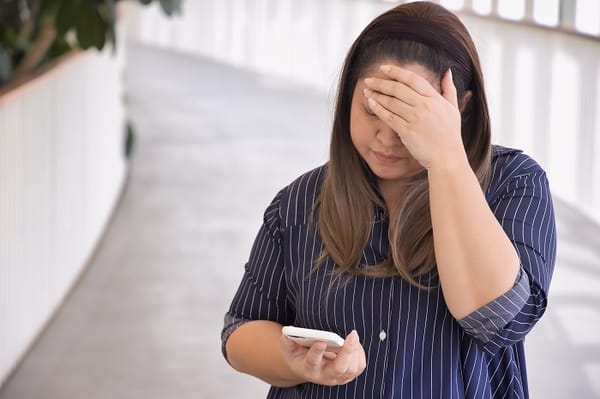
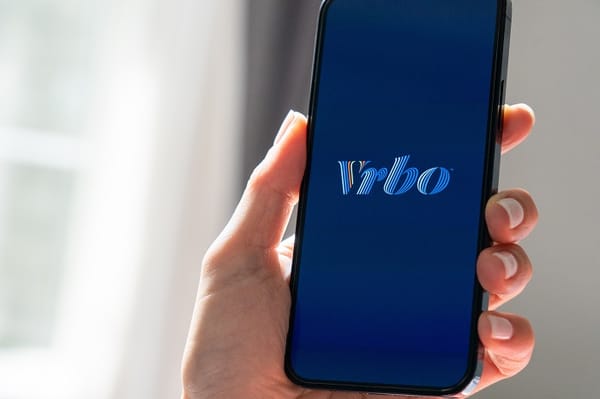
![Complete Vacation Rental Email Marketing for Hosts [+ Top Tools]](/content/images/size/w600/2026/01/email-marketing.jpg)
